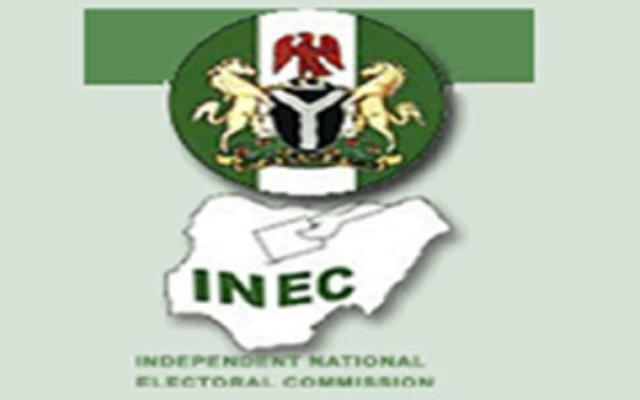In few days, over eighty-four million registered Nigerian voters are expected to go out and cast their votes in various parts of the country in another general election. The Presidential and National Assembly elections will hold on February sixteen, while the Governorship and House of Assembly election will hold on March 2, 2019.
During the elections, twenty-two thousand, six hundred and forty-three candidates will contest for one thousand, five hundred and four elective positions in the country. Out of this number, seventy-three candidates will contest the Presidential election; one thousand, eight hundred and eighty-six candidates will vie for the Senatorial Seats, while four thousand, six hundred and thirty-four candidates are for House of Representatives.
For the Governorship election, one thousand and sixty-eight candidates have been cleared to contest, while fourteen thousand, six hundred and forty-three candidates will vie for House of Assembly election. This staggering number of candidates is a pointer that the nation’s democracy is advancing on a healthy kneel as it has generated zeal, interest and spirit of competition, which offer the electorate multiple options to choose leaders and representatives.
While it is true that a lot have been achieved since the return of the country to democratic rule in 1999, it is equally true that the overall result is still very far below expectation. For any country to establish legitimate and globally acceptable government there must be free, fair and credible elections, which are measured by what happened before, during and after the elections.
As candidates go about their campaigns, there should be an open environment for the political parties to reach out to the people and for the citizens to participate in the electoral process without obstruction. For any election to be credible, all stakeholders, actors and participants should uphold and respect the rules, regulations and laws governing the electoral process.
The role of the Electoral Commission in every country is most crucial in ensuring free, fair and credible election. Therefore, there is need for the Independent National Electoral Commission (INEC) to remain independent, impartial and neutral in the conduct of the elections and should demonstrate transparency in all stages of the electoral process as well as provide prompt and accurate information of its activities relating to the electoral process to the public and put effective measures in place to receive feedback.
The Commission should also target to entrench a model that meet international standards of electoral integrity by avoiding acts that undermine feelings of political legitimacy that could discourage voter turnout and encourage post election protests that could result in lost of lives and property. They should also provide opportunity for eligible citizens to cast their votes, including persons with disabilities who, over the years have been complaining of being denied opportunity to participate actively in the electoral process.
Most importantly, the Commission should ensure that the result of the elections reflect the will of the people to protect the integrity of the process and encourage future popular political participation.
Political parties and their candidates should avoid the outdated practice of confrontation, mud-slinging, character assassination, hate speech and other forms of campaign of calumny. They should rather focus on issues and healthy engagements, not personalities or ethnic sentiments. They should avoid money politics, vote buying or use of thugs to muscle out opponents.
On their part, security agencies should restrict themselves to their constitutional mandate of ensuring the safety of the electoral stakeholders including the voters, candidates, poll workers, media and election observers as well as maintain law and order. They should avoid being partisan in any form in order not to threaten the credibility of the election. They should remember that their report and testimony may be required by the judiciary in taking critical decisions during post election litigations. Government should resist the temptation of interference in the electoral process or use of security apparatus to intimidate or suppress political opponents. It should also ensure that National and International Media and election Observers are given easy access to monitor and evaluate the election process. Measures should also be put in place to strengthen security in all the country boarders to check infiltration by citizens of neighbouring countries.
Voters, on their part, should be bold, courageous and patriotic to vote according to their conscience and shun all anti-democratic tendencies. The National Orientation Agency, the Church, traditional institutions and other stakeholders should intensify voter education to encourage Nigerians to take full ownership of the Electoral System to protect the future of the country.
Commentary: Towards Free, Fair And Credible Elections

More




Comments are closed for this post.